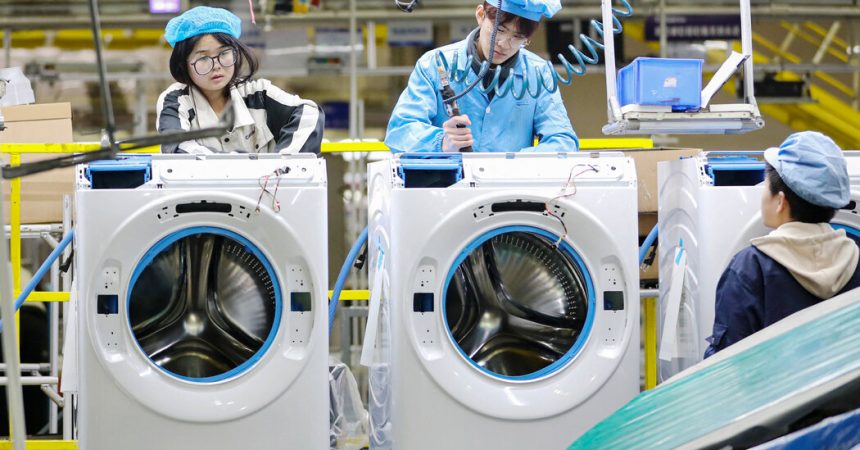China’s factory exports are powering ahead faster than almost anyone expected, putting jobs around the world in jeopardy and setting off a backlash that is gaining momentum.
From steel and cars to consumer electronics and solar panels, Chinese factories are finding more overseas buyers for goods. The world’s appetite for its goods is welcomed by China, which is enduring a severe downturn in what had been the economy’s biggest driver of growth: building and outfitting apartments. But other countries are increasingly concerned that China’s rise is coming partly at their expense, and are starting to take action.
The European Union announced last week that it was preparing to charge tariffs, which are import taxes, on all electric cars arriving from China. The European Union said that it had found “substantial evidence” that Chinese government agencies have been illegally subsidizing these exports, something China denies.
The amount of the tariffs will not be set until summer but will apply to any electric car imported by the bloc from March 7 onward.
During a visit to Beijing in December, European leaders warned that China is compensating for its housing crisis by building far more factories than it needs.
China already produces a third of the world’s manufactured goods, more than the United States, Germany, Japan and South Korea combined, according to the United Nations Industrial Development Organization.











